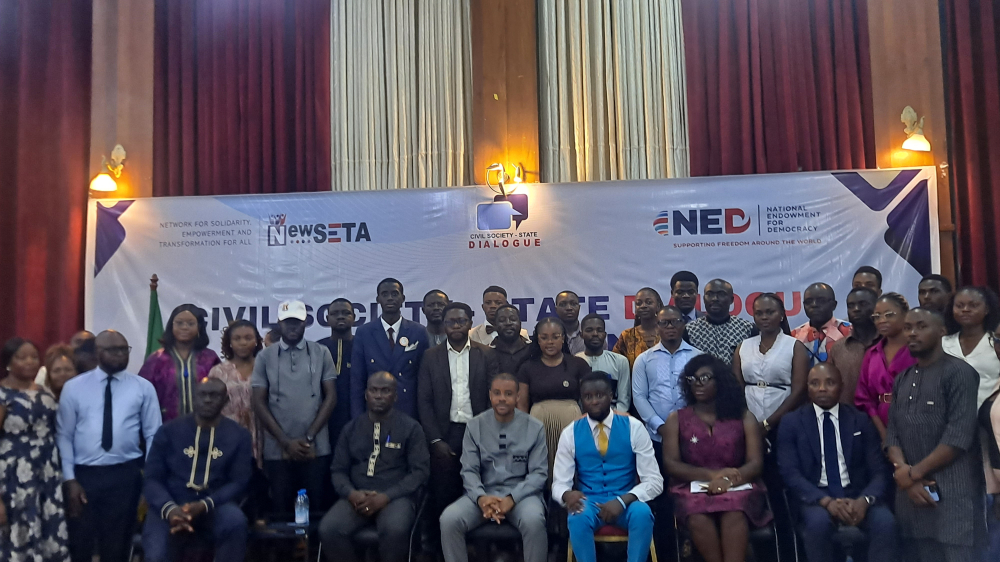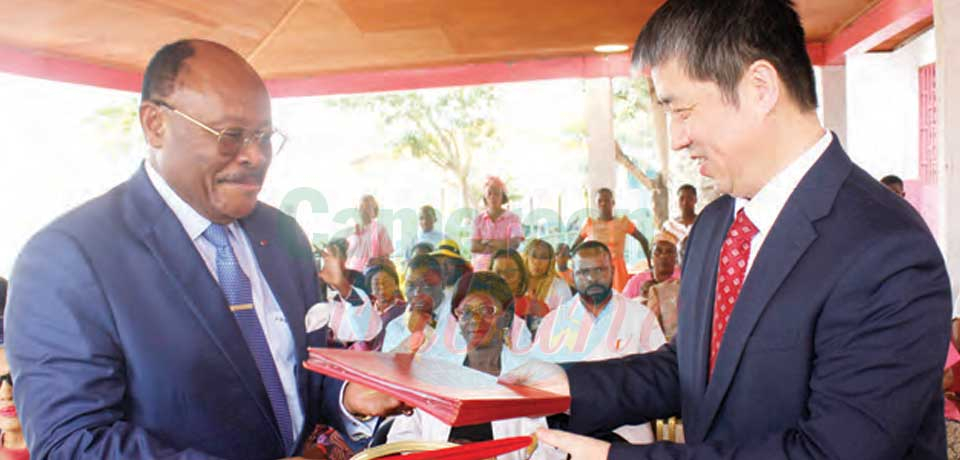“If The Brain Doesn’t Work, The Rest Doesn’t Matter”
- Par Kimeng Hilton
- 11 Sep 2019 15:01
- 0 Likes

Prof. Alfred Kongnyu Njamnshi, MD, MA (Education), DMS, FMH (Neurology), Founder and Executive Director of BRAIN.
Our brains are currently at serious risk because of diseases such as epilepsy, stroke, AIDS, dementia and so on. There is also danger from drug abuse and addictions, especially amongst youths, resulting in behavioural disorders which contribute to some of the major crises the nation is facing.
Therefore, brain or mental health problems stand among the most common and severe in Cameroon. In the following interview, Alfred Kongnyu Njamnshi, Professor with the Faculty of Medicine and Biomedical Sciences, University of Yaounde I, talks on the gravity and challenges of managing brain health in Cameroon.
Brain Research Africa Initiative, BRAIN, recently organised a conference in Yaounde. May we know why such a gathering at this time?
Please, permit me to begin by saying who we are and what we do. Brain Research Africa Initiative, BRAIN, is an international organisation based in Geneva, Switzerland where we have the status of a public utility organisation. In Cameroon, we partner with several institutions and organisations, the first being the Government, to promote brain health. We have more than two decades of experience in promoting brain health in Cameroon and other African countries through research, training and care provision.
During the 2018 National Youth Day, BRAIN celebrated 20 years of research, highlighting one of the most common brain diseases, epilepsy. This was because the event coincided with the International Epilepsy Day. As follow-up to that event, and under the distinguished patronage of the Prime Minister, Head of Government, we organised the first BRAIN Week in Cameroon from July 15-22, 2018. It climaxed with the celebration of the World Brain Day (July 22nd) instituted by the World Federation of Neurology. Several activities were carried out in 7 of the 10 regions of the country.
The aim was to Bring brain care closer to the people (free consultations), Raise awareness on brain disorders (media sensitisation), Activate brain networks (partnerships), Increase brain capacity (training in hospitals and medical faculties), and Nurture future brain generations by celebrating excellence through the Monekosso-Muna BRAIN Lecture.
The concept of BRAIN Week in Cameroon was introduced by BRAIN to respond to the ever increasing burden and challenges of brain/mental health, especially within the context plagued by several crises that constitute serious stress and strain on our communities. I have often said that if the brain doesn’t work, the rest doesn’t matter. We believe that Cameroon needs people with healthy brains to find solutions to its problems and lead the nation to emergence and effective sustainable development.
Your organisation also recently signed an agreement with the Ministry of Youth Affairs and Civic Education. How significant is this deal to youth mental health?
The agreement has opened the way for BRAIN to assist the ministry in its noble task of sensitising and educating youth to protect and develop their brains through education. This will enable them to become dynamic, vibrant and constructive citizens committed to building the nation.
Also through this agreement, youths with brain diseases will be provided care through BRAIN and its partners. Our organisation could not have had a better opportunity at this time to support the Government in nation-building through the promotion and empowerment of youth!
How serious is the problem of mental health in Cameroon? Please, compare the situation today to what obtained, say, 10 or 20 years ago.
Let me make a precision here. Mental health is a component of brain health. This simply means that we are who we are and do what we do because we all have the marvelous organ in our heads called the brain. We must therefore protect, preserve and develop it to improve the welfare of mankind. Our brains are currently at serious risk because of diseases such as epilepsy, stroke, AIDS, dementia and so on.
There is also danger from drug abuse and addictions, especially amongst youths, resulting in behavioural disorders which contribute to some of the major crises the nation is facing. Therefore, brain or mental health problems stand among the most common and severe in Cameroon. Brain disease is the number one cause of disability, with amongst others, serious economic, educational, security and development consequences. Brain diseases and conditions in Cameroo...
Cet article complet est réservé aux abonnés
Déjà abonné ? Identifiez-vous >
Accédez en illimité à Cameroon Tribune Digital à partir de 26250 FCFA
Je M'abonne1 minute suffit pour vous abonner à Cameroon Tribune Digital !
- Votre numéro spécial cameroon-tribune en version numérique
- Des encarts
- Des appels d'offres exclusives
- D'avant-première (accès 24h avant la publication)
- Des éditions consultables sur tous supports (smartphone, tablettes, PC)














Commentaires